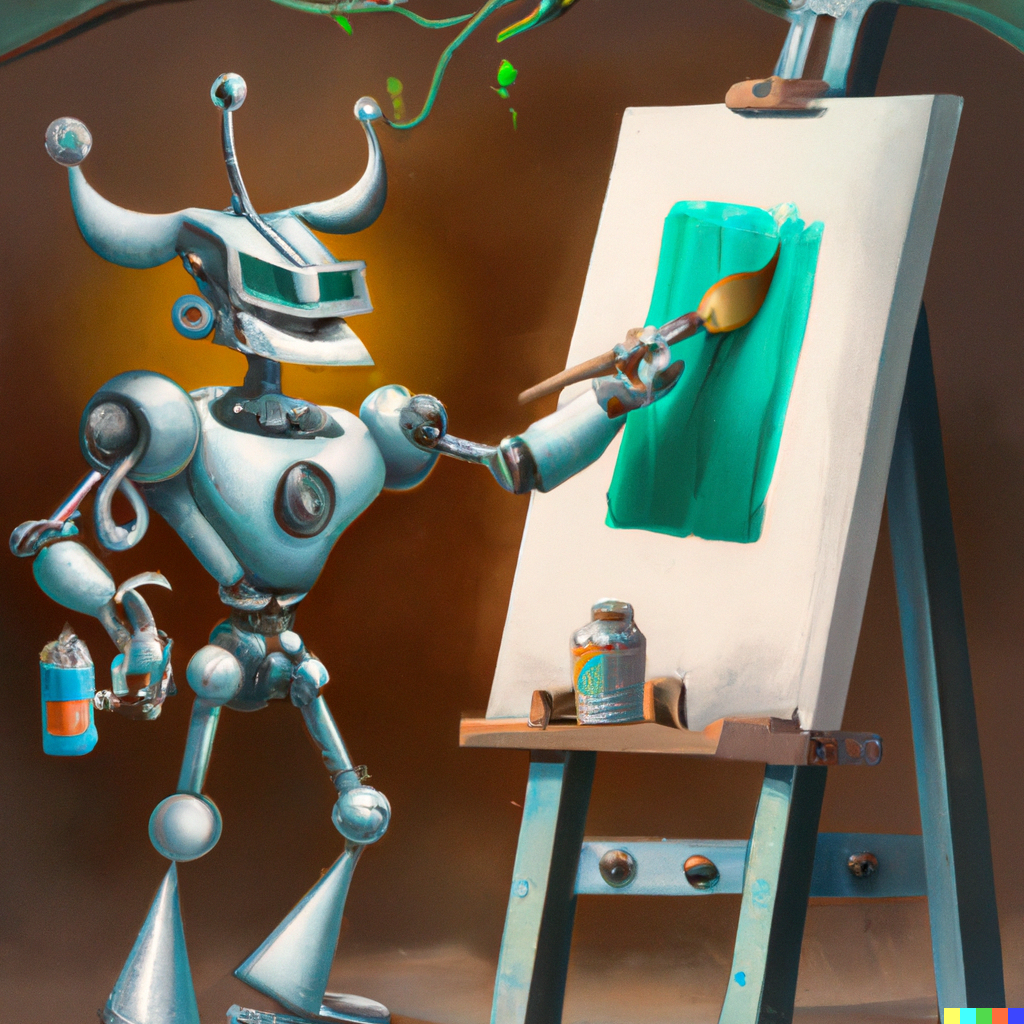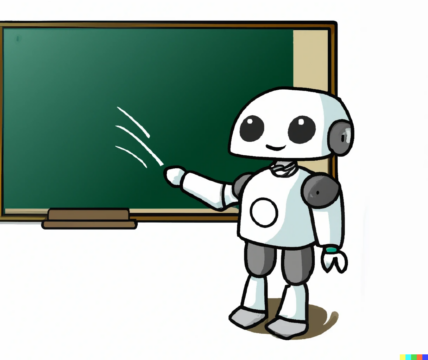You can hate it; you can love it. But you can’t ignore it. Artificial Intelligence (AI) continues to take the world by storm in virtually every arena, and it seems, human resistance is futile. While many people are enjoying that AI is taking over difficult tasks, many continue to fear this takeover. Who is winning in the AI scoreboard?
AI is helping release a new Beatles song next week, featuring the voice of late member John Lennon. Called “Now and Then,” the song includes parts recorded by Paul McCartney and Ringo Starr, and the late George Harrison.
Read more: Leveraging Large Language Models for your next app
Hollywood writers scored over AI this month, when they came up with a new contract that secures them against how the technology can be used in film and television projects. The five-month strike, one of the longest in history of strikes, proved that we can’t replace human writers.
Not yet. But what about in the future?
While talk show producers have started planning new episodes as they put Hollywood back to work, September saw another human win. According to MIT Technology Review, Gareth Edwards, the director of Rogue One: A Star Wars Story, decided to compose the soundtrack for his upcoming movie about AI, The Creator, with AI. While the results were “pretty damn good”, he realized it wasn’t as good as the human Hans Zimmer.
“But in the back of my head I was like, ‘But the reason you go to Hans Zimmer is for 10 out of 10,’” Edwards said.
R&D says Humans are Important for AI Success
According to the 2023 State of ML Ops report by iMerit, an AI data solutions company that surveyed AI, ML, and data practitioners across industries, found an increasing need for better data quality and human expertise and oversight in delivering successful AI. This is especially true as powerful new generative AI tools and continuous improvements to automation are rolled out at an increasingly rapid pace.
The study demonstrates the necessity for real experts in the loop at every stage of the ML Ops lifecycle, not just during the data phase. The most skilled AI practitioners in the world are aware that businesses that use human experts in the loop have higher levels of efficiency, better automation, and operational excellence. Future AI commercial results are improved as a result of this.
Quality data is the lifeblood of AI and it will never have sufficient data quality without human expertise and input at every stage
Radha Basu, Founder, and CEO, iMerit
“Quality data is the lifeblood of AI and it will never have sufficient data quality without human expertise and input at every stage,” said Radha Basu, Founder, and CEO, iMerit. “With the acceleration of AI through large language models and other generative AI tools, the need for quality data is growing. Data must be more reliable and scalable for AI projects to be successful. Large language models and generative AI will become the foundation on which many thin applications will be built. Human expertise and oversight is a critical part of this foundation.”
96% of survey respondents indicated that human expertise is a key component to their AI efforts.86% of respondents claim that human labeling is essential. 65% of respondents also stated that a dedicated workforce with domain expertise was required for successful AI-ready data.
Read more: From AI to automation: Technological advancements in the relocation industry
But isn’t it inevitable that one day AI will learn all that humans have to teach?
Recently, Elon Musk has warned in a new biography that digital brainpower will “dwarf” human intelligence, posing risks from super-intelligent AI systems. He says that computer intelligence is shooting up while human intellect dwindles.
The amount of computer intelligence was going up exponentially, like Moore’s law on steroids, he says. “At some point, biological brainpower would be dwarfed by digital brainpower.”












